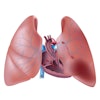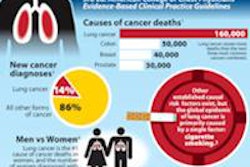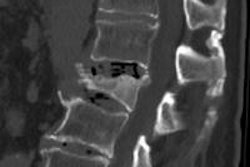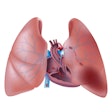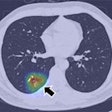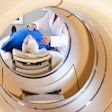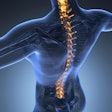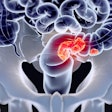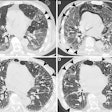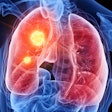Dear AuntMinnie Member,
Another new study is validating the use of coronary CT angiography (CCTA) to assess patients presenting with chest pain. This time, researchers found that CCTA in this role reduced healthcare costs and hospital admissions compared to the standard of care.
The group compared cohorts of approximately 900 patients each, one of which got CCTA triage while the other received the standard workup of mostly observation. The researchers then compared outcomes in both cohorts.
They found that patients in the control group were admitted to the hospital five times as frequently as those getting CCTA workup. There were other benefits to the imaging-first protocol as well: Find out what they are by clicking here, or visit our CT Digital Community at ct.auntminnie.com.
CR mammo falls short
In other news, many breast imaging facilities using analog mammography equipment have turned to computed radiography (CR) to go digital without the expense of buying an entirely new mammography unit. However, a new report indicates there might be drawbacks to that approach.
Canadian researchers compared CR mammography with analog film-screen mammography, as well as with digital mammography using a flat-panel-based digital radiography (DR) system. They found that while the film-screen and DR units performed about the same, CR mammography systems detected fewer cancers.
Still, the researchers cautioned that the risk of missed cancers with CR mammography is very low. Read more by clicking here.
Meanwhile, a new market research report from KLAS indicates that demand is growing for another breast imaging technology: digital breast tomosynthesis. More than 60% of the imaging providers surveyed said they would choose tomosynthesis if they could start over. Get more details by clicking here, or visit the community at women.auntminnie.com.
Residents get free iPads
Finally, visit our Residents Digital Community to learn about a program at the University of Colorado in Aurora where residents get free iPads stocked with great radiology apps, e-books, and other content intended to serve as their main learning resource.
The program was looking for a way to make studying more efficient and give residents access to the full range of radiology resources without crushing them under the weight of hard-copy textbooks. Apple's iPad platform was a perfect fit, they discovered. In addition to being loaded with content, the iPads are all synced to a base computer to enable better mobile device management.
Unsurprisingly, the university found the program to be extremely popular. Learn more about it by clicking here, or visit our Residents Digital Community at residents.auntminnie.com.
